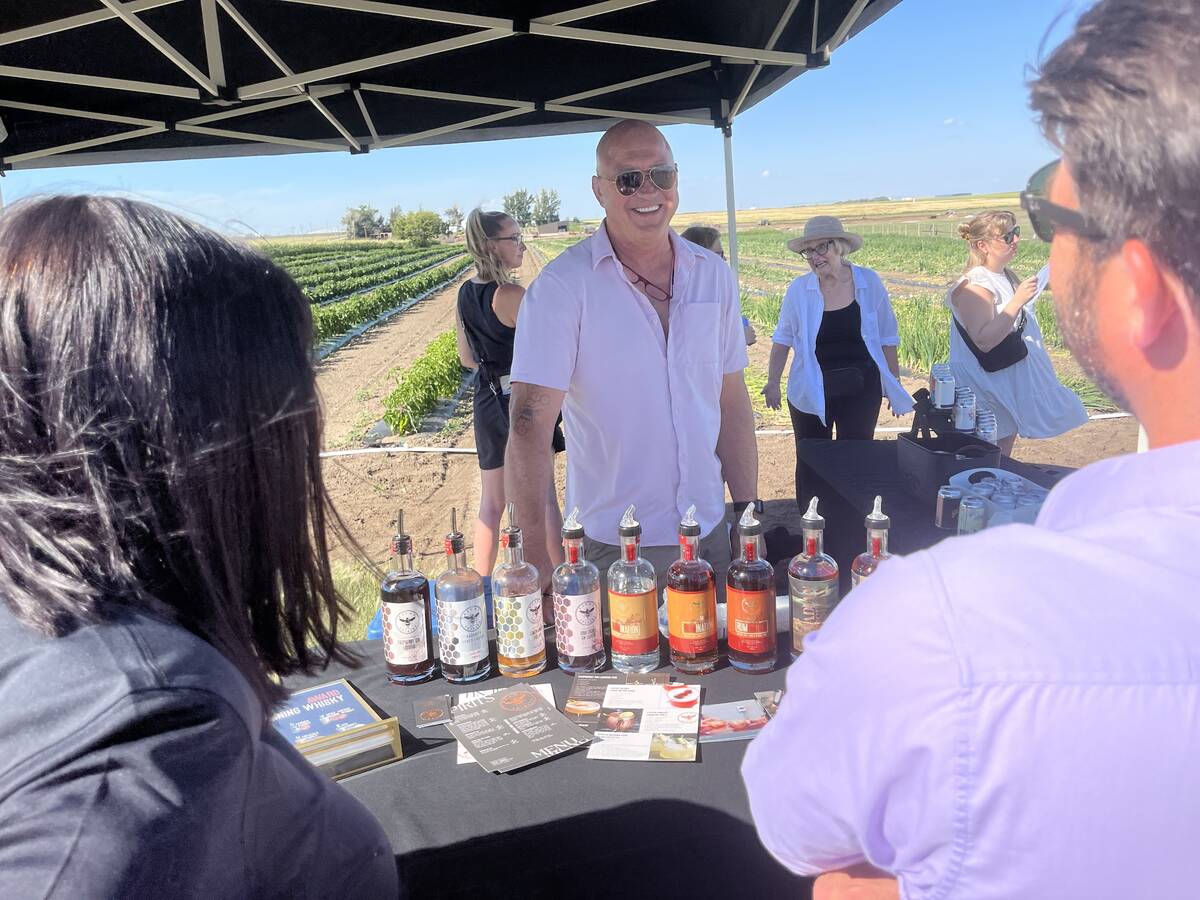A renowned researcher in aquatic health will be turning his attention to southern Alberta water bodies in coming years.
Gregory Pyle became the chair in aquatic health at the University of Lethbridge earlier this month. The aquatic ecotoxicologist is considered an expert in the effects of environmental contaminants on aquatic animals.
He has worked for the last five years as head of the aquatic biotechnology and ecotoxicology lab at Lakehead University in Thunder Bay, Ont. Much of his research there focused on the effects of industrial effluents from mining operations on fish and other aquatic species.
Read Also

From farmer to award-winning distiller
Pivot Spirits showcases transition from farmer to distiller with provincial award-winning results in Alberta for Lars Hirch
“Pesticides and herbicides are classes of potential aquatic contaminants that I haven’t looked at and this could be a potential research direction that we’ll be taking,” Pyle said.
“It would be a natural next step for the evolution of my research program here, would be to look in that area.”
Pyle’s previous research has allowed him to make recommendations to mining companies on the timing of effluent release so it has the least effect on fish.
He has studied the ways that fish and other species use external chemicals to communicate, find food, identify predators and find mates.
“Aquatic animals rely very heavily on info chemicals in their environment,” Pyle said.
“Some of the information can provide a fish, for example, with the position of food, or it can help the fish evaluate the risk of predation or the appropriateness of a potential mate in the vicinity.”
Contaminants can interfere with transmission of this information, threatening a species’ survival.
In addition to his work in Ontario, Pyle has explored species adaptation to naturally occurring contaminants in the oilsands region of northern Alberta.
He expects to continue some of that work and also explore the natural chemicals and contaminants in regional ponds and sloughs and their effect on the invertebrates that live there.
Pyle said he has worked with several U of L water researchers in the past, including Alice Hontela and Joe Rasmussen, who are also part of the university’s Water Institute for Sustainable Environments.
Dan Weeks, U of L vice-president of research, said in a news release that Pyle’s addition to the research team is a coup.
His appointment is the first of four new research chairs that are part of the Campus Alberta Innovation Program funded by the province.















